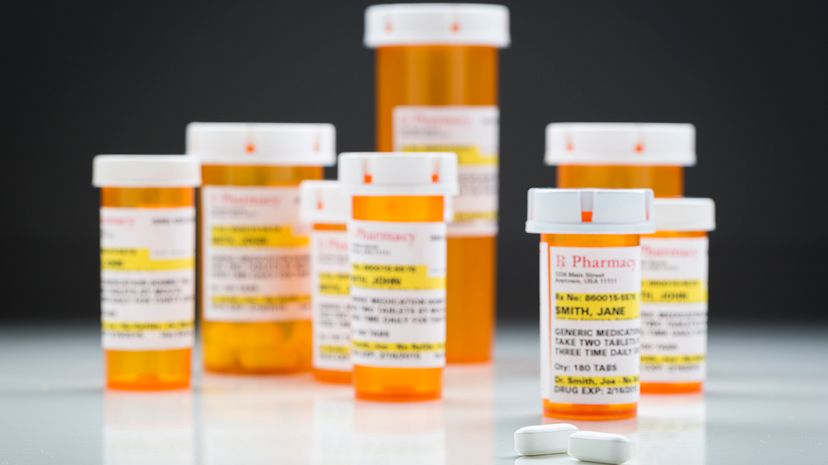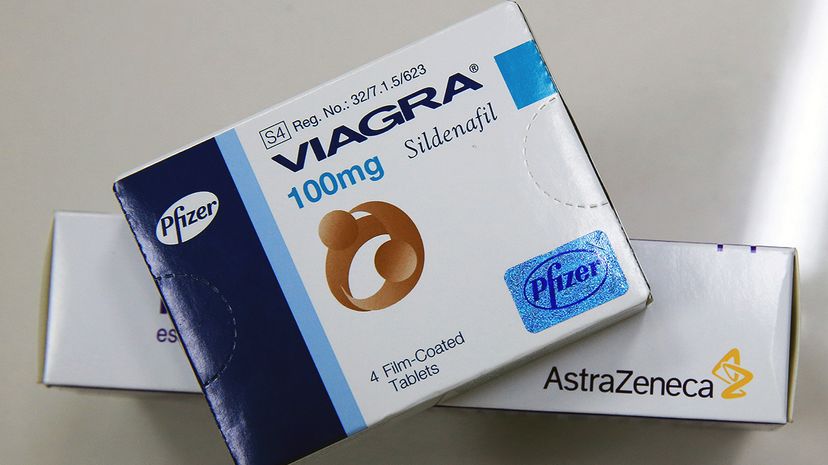
Chances are, the last time your doctor wrote you a prescription, you filled it at the pharmacy without so much as a second thought. But if you did a little research, you might be surprised to find the medication you received wasn't technically specified to treat your particular condition.
So why would your health care provider venture into unofficial territory and recommend a drug that's not approved by the Food and Drug Administration (FDA) to address your issue?
Advertisement
First, it's important to understand what "approved" actually means. In order for a prescription medication to be legally sold in the United States, the pharmaceutical company has to submit clinical data and other information to the FDA to demonstrate the drug in question is safe — meaning its benefits outweigh the potential risks — and effective for its intended uses [source: FDA].
If your doctor prescribes you a medication for its approved use, then that means there's strong scientific data to back up the manufacturer's claims and there's labeling to instruct patients on how to use the drug safely and effectively for its intended purposes. But in a lot of cases, medications have other affects aside from the ones they're formally approved for, and a doctor or health care provider may decide that drug can also treat an illness or condition that it's not approved for.
That's when a doctor may choose to use a drug "off label," often if they've already exhausted all the approved treatments for a condition without positive results.
If you're worried that taking a prescription drug off-label sounds shady, don't be. It's common and happens more than you realize. "Off-label use of drugs is legal," says Malcolm Thaler, a New York City-based internal medicine provider. "The FDA approves drugs, but it does not regulate how they are prescribed. And [it's] very common; more than 20 percent of drugs are prescribed for purposes other than the ones for which they were initially approved, and the number is even higher in the pediatric population."
Not all drugs have off-label purposes, and those that do are selected are chosen for specific reasons. "Drugs are used for off-label purposes because they have been found to work," Thaler says. "Often the drug is found to have a new use serendipitously, like when it is given to a patient for one purpose and found to solve another issue the patient may be having. In other situations, our understanding of the mechanism by which the drug works suggests that it might serve other purposes."
Here are a few ways medical professionals may choose to use drugs for off-label purposes:
- Using a drug for a condition that it's not approved to treat, for example, using one kind of chemotherapy that's approved for a specific kind of cancer to treat a different type of cancer.
- Prescribing a different form of the medication, like an oral solution as opposed to the approved capsule form.
- Recommending a different dose than what's been approved, such as prescribing two tablets instead of one.
There are a lot of reasons medical professionals would seek out off-label treatments for a variety of health issues, and with that comes pros and cons. "The positive side of off-label drug use is the expanded clinical utility of a drug," Thaler says. "The potential downside is that the drug may be repurposed without evidence supporting its safety or efficacy in a new setting; obtaining FDA approval for a new use can be very time-consuming and costly, and so approval may not be sought."
Many doctors believe prescribing a drug off-label can result in big benefits, but there are definite risks and consequences to consider as well. If a patient's finances are a concern, it's important to know that insurance companies may refuse to reimburse the cost of expensive drugs that aren't prescribed for approved uses.
It's also key to remember that, because the FDA doesn't regulate how doctors prescribe medications, there's not a lot of information available on the safest ways to use drugs off-label.
For instance, when it comes to drugs that treat cancers, the American Cancer Society says "lack of information on off-label drug use and outcomes may also put patients at a higher risk for medication errors, side effects and unwanted drug reactions." And finally, because off-label drug use often falls outside "standard of care" treatment, it's worth knowing that the prescribing provider could face legal trouble if a patient has a bad outcome.
So any time your doctor prescribes a medication — whether it's for an approved or off-label use — it's important to talk through all the possible risks and benefits and make an informed decision.
Keep reading to learn about five of the most commonly prescribed off-label drugs.




